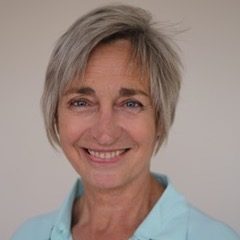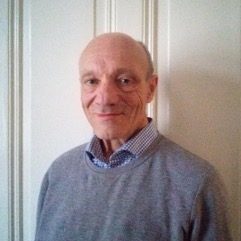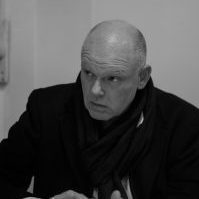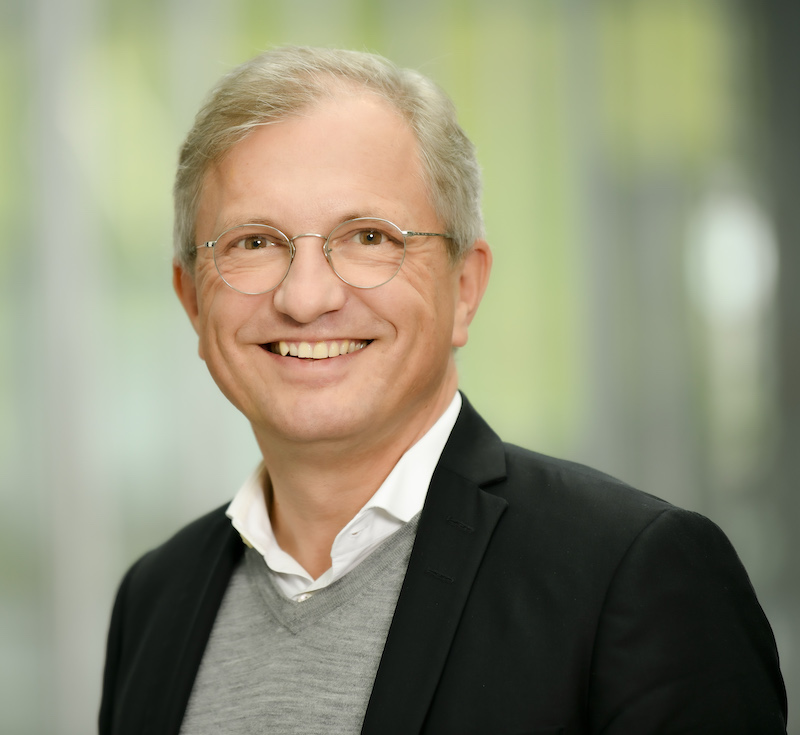
Finissage with photographs, sound art and discussion group
At the end of the festival BLAUES RAUSCHEN, Forum Kunst & Architektur invites you to a finissage of the exhibition “cycle and recycle” with photographs by Paul Bulteel and sound art productions by 10 international artists.
In addition, three experts from the fields of “food”, “energy” and “sound” will talk about different aspects of recycling.
Fri. 23/06/23 / Admission from 16:00
Forum Kunst & Architektur
Kopstadtplatz 12, 45127 Essen
Program:
16:30: Welcome/Introduction: Karl-Heinz Blomann
16:45: cycle and recycle audio presentation
18:00: Panel / Talk
- Moderation: Prof. Dr. Katharina Liebsch
- Raimund Forster, Dipl. Geologist
- Stefan Fricke, editor for New Music/Sound Art at Hessischer Rundfunk
- Dr. Stephan Muschick, managing director at E.ON Foundation
19:00: Open end
During and after the event, drinks and “appetizers from the barrel” will be available in the outdoor area of the Forum.
At the end of the festival BLAUES RAUSCHEN, Forum Kunst & Architektur invites you to a finissage of the exhibition “cycle and recycle” with photographs by Paul Bulteel and sound art productions by 10 international artists.
In addition, three experts from the fields of “food”, “energy” and “sound” will talk about different aspects of recycling.
Statements
Raimund Forster
“The impressively aesthetic images of the Belgian artist Paul Bulteels do not trigger any digital-compositional association in me, but – as a counterpoint, so to speak – a loud analog cry of rage: “Something has to be changed, more awareness has to be brought into it!” I would like to use the concrete example of senselessly discarded food in containers to draw attention to the scandalous discrepancy between overflowing prosperity on the one hand and at the same time abject poverty and hunger on the other, and to stimulate creative reflection on causes and possible solutions.“
Stefan Fricke
“The aesthetic-technical circular economy of sounds – repetition – has always been a central principle of art sound and sound art production: the same tones, similar sound combinations, rhythmic variations… Nevertheless, the sound invented is usually original and original. This is also true for the work with search-found sounds/noises in everyday life, a sound container of acoustic by-products. Whatever electroacoustically recorded, whether digitally processed or unprocessed – in the art context they become recycled, gladly permanently looped nobilities. No residue remains.“
Dr. Stephan Muschick
“Recycling and upcycling – new vogue concepts from sustainability elites and marketing agencies? Not at all. They are older than mankind itself. After all, in terms of world history, the throwaway society is a relatively new invention and a symptom of capitalism and cheap raw materials. A forming and developing nature without cycles, on the other hand, would be over faster than the first single-celled organisms could form. The circular economy, then, is an essential and overdue attempt to reconcile our human actions with the natural world that surrounds us and on which all life is based.“

© Johanna Liebsch
Katharina Liebsch is a professor of sociology in Hamburg. Her research focusses socio-technical innovations and their new knowledge cultures and changing aesthetic practices. One of her current projects explores the algorithmization and mechanization of care relations and health, and critically examines changing nature-culture-relations. She will moderate the closing discussion of the exhibition with sound art presentation “cycle and recycle”, which takes place on Friday, June 23, 2023.

© Raimund Forster
Raimund Forster, graduated Geologist, was professionally engaged in contaminated site geology and stormwater management, later working in ecological-social banking. Travels, especially to central and southern Africa, sharpened his view of the economic and social dislocations of our global community. During the Corona tensions, the “throwaway society” became significant in his immediate environment and the so-called „containerizing“ started.. Sense and purpose is to collect discarded food and other valuable products at night and bring them to a variety of useful uses…

© Orban
Stefan Fricke, *1966 in Unna (Westphalia) studied musicology and German language and literature, Saarbrücken (M.A. 1994).1989 co-founder of the Pfau-Verlag (literature on contemporary music) publications on New Music and Fluxus. Several times lecturer at the International Summer Courses for New Music Darmstadt. 2007 Head of Studio Acoustic Art, WDR 3, Cologne. Since 2008 editor for New Music/Sound Art at Hessischer Rundfunk in Frankfurt a.M. Teaches as honorary professor at the Hochschule für Musik Mainz since 2017.

© Kirsten Neumann
Dr. Stephan Muschick was born in Greifswald in 1969. After studying Scandinavian, German and the history of ideas in Greifswald, Berlin and Uppsala, he completed his doctorate on the relationship between Sweden and Europe. Today, he lives in Essen and serves as managing director of the E.ON Foundation, which emerged from the organizations RWE Foundation and innogy Foundation – also headed by him. The corporate foundation promotes and initiates projects, studies and programs dealing with energy and climate change, energy and society.
Photo © Paul Bulteel